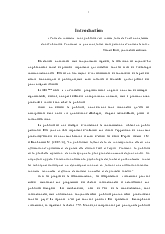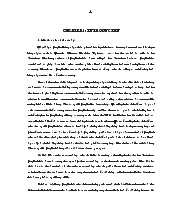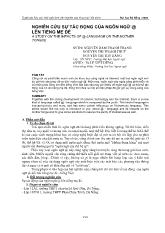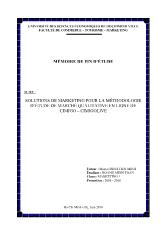Ditransitive Verbs in English and Vietnamese
- Người chia sẻ : vtlong
- Số trang : 51 trang
- Lượt xem : 12
- Lượt tải : 500
- Tất cả luận văn được sưu tầm từ nhiều nguồn, chúng tôi không chịu trách nhiệm bản quyền nếu bạn sử dụng vào mục đích thương mại
Bạn đang xem trước 20 trang tài liệu Ditransitive Verbs in English and Vietnamese, để xem tài liệu hoàn chỉnh bạn click vào nút DOWNLOAD LUẬN VĂN ở trên
In English grammar, the English Verb has always been the element that causes
much more trouble to language learners than any other ones in the sentence because it
provides the power of the sentence. In fact, it is said that the verbs are very complicated
but important. Being aware of its importance will help Vietnamese learners overcome
difficulties when learning and using English verbs.
In terms of their complementation, verbs are divided into intensive verbs and
extensive verbs. Extensive verbs consist of transitive and intransitive ones. Transitive
verbs include Monotransitive verbs, Ditransitive verbs and Complex transitive verbs.
Among them, Ditransitive verbs and complex transitive verbs often make Vietnamese
learners confused.
Consider the following sentences: “He gave the key to Liz”and “He took the key to
the tip”.Both “Liz”and “the tip”are prepositional complements – the preposition “to”.
But the question here is whether both of them belong to SVOO or SVOA. And how can
you give explanation for your choice?
Let us consider another case: “Will you get some milk for Liz?”and “Will you iron
this dress for Liz?”. Does “Liz”in the two sentences play the same semantic role?
Therefore, it is important to help students to understand Ditransitive verbs and its
complementation clearly.
For all the above reasons, the topic of the paper is chosen with the hope that it will
help us have detailed information of this kind of verbs in both languages and overcome
difficulties when using. It is also hopeful that the minor thesis will be of some help to those
who are interested in this aspect of English Grammar.




